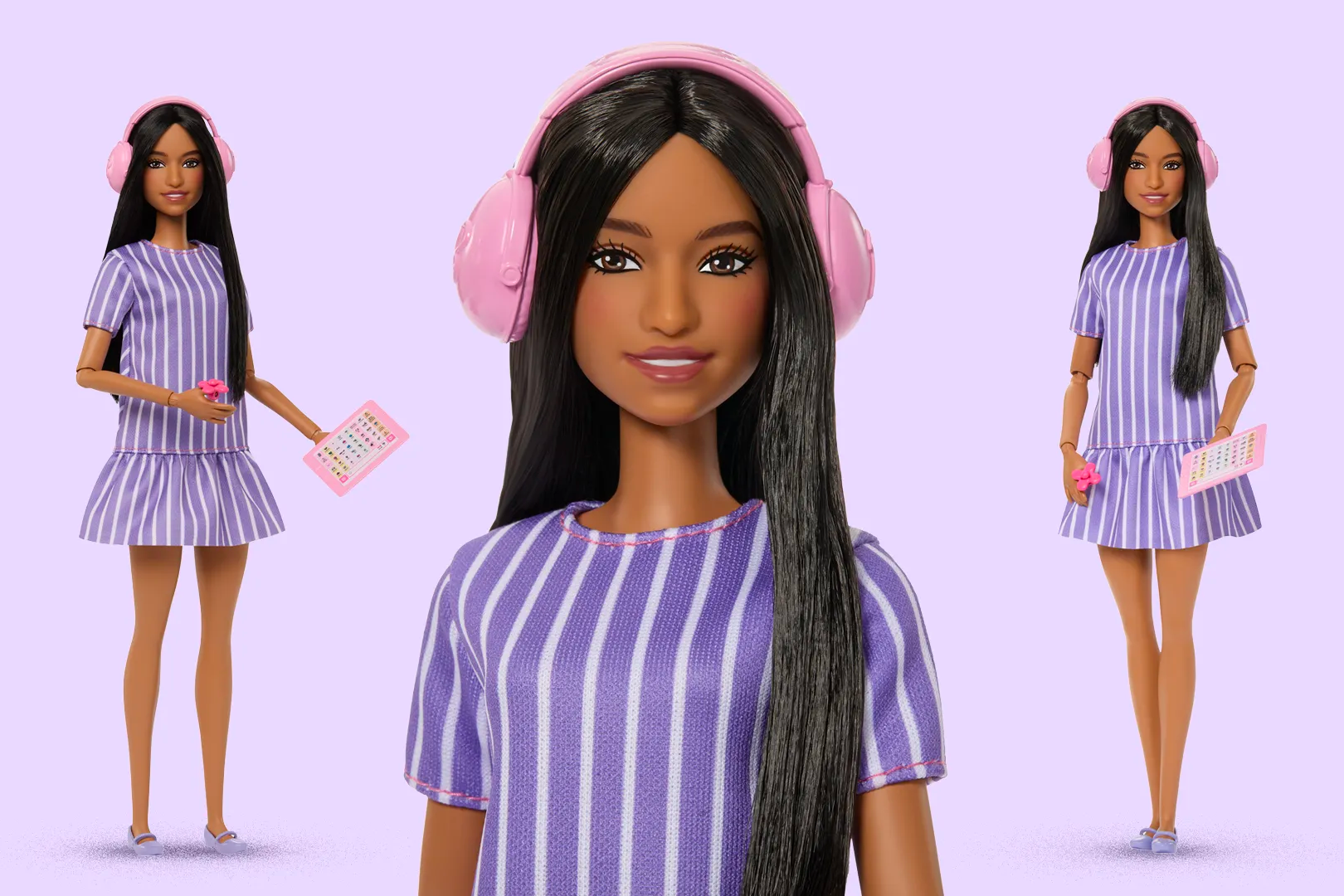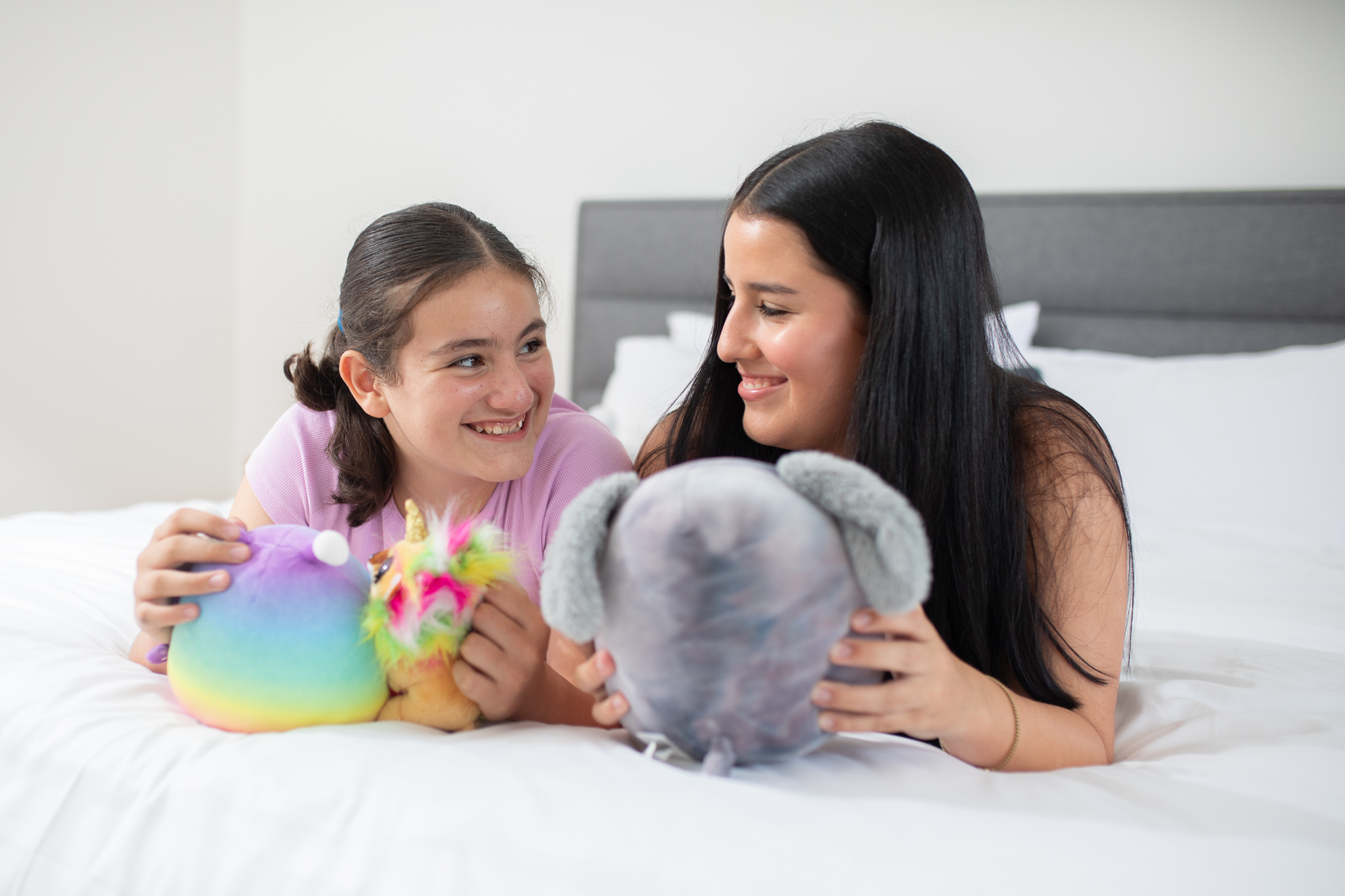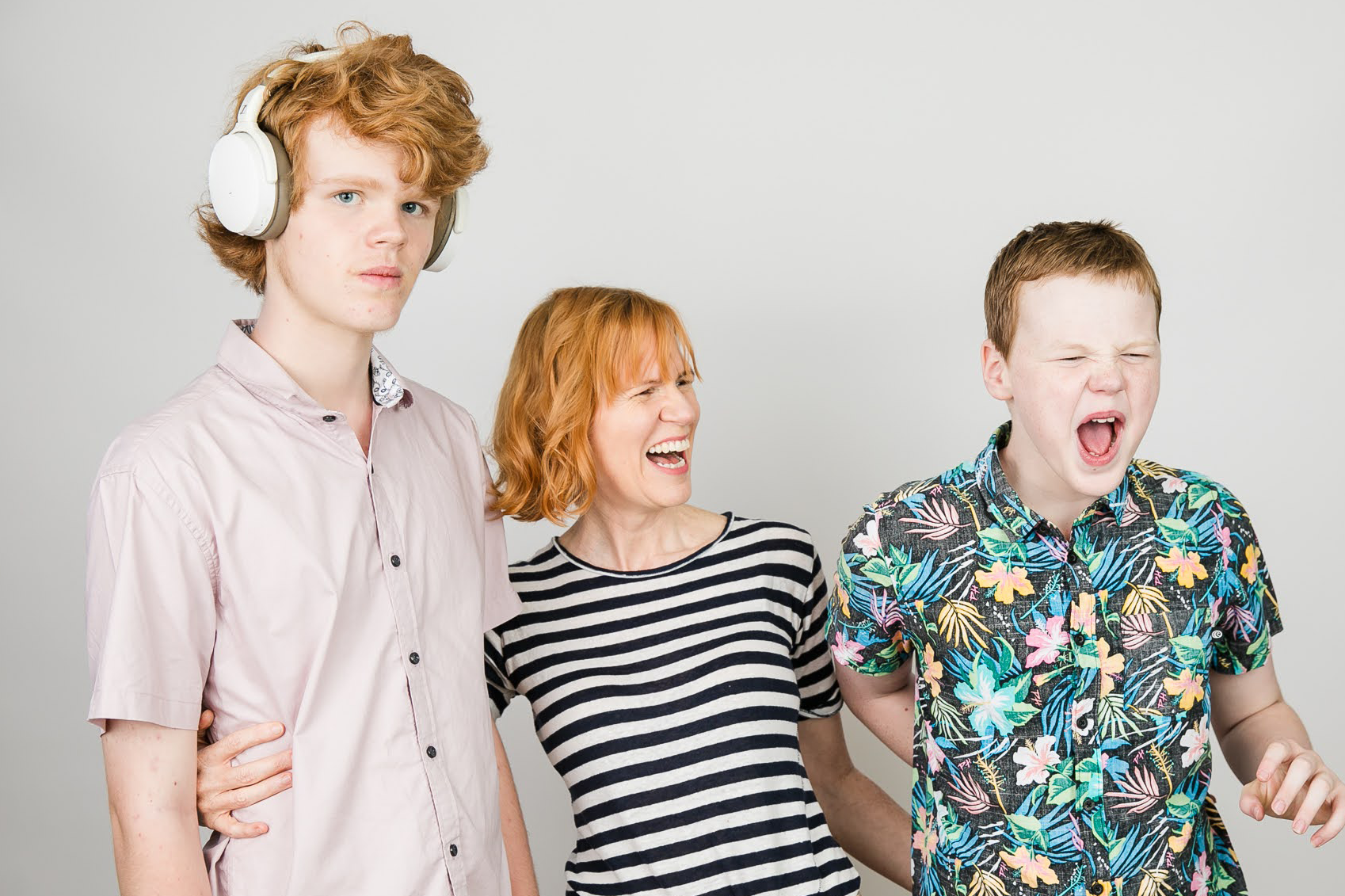School's In! Let’s make this year the best one yet

Despite what we often hear in the media, school can be a great success for kids with ASD, but it does require thoughtful planning and the right expertise.
It is all about creating the right team and setting effective goals.
Anytime we set out to do anything important we want to make sure that we are surrounded by the best possible team, and for our kids, it doesn’t get much more important.
Once at school there are some obvious members of your team – your classroom teacher, the principal, vice principal and or the school welfare coordinator. Unfortunately, as much as I would like to be able to say ‘You’re in school now, they will know exactly what to do’, they are unlikely to have all of the expertise that you are going to need.
School is about giving your child as many skills as possible. For kids with ASD we are often teaching extra things that your classroom teacher may not have experience in planning for. Skills such as asking for help, following group instructions, coming inside after lunch, having a go, play skills, sticking with your friends, problem solving, big deal v’s little deal, understanding emotions, relaxation to name just a few. Often teachers will need help with planning and teaching these things.
You will have more success if your team includes someone who specialises in working with children with ASD. This person should use evidence based teaching techniques, have experience working within a team and coaching others and be able to visit your school regularly (2-4 times per term). Professionals filling this role are often Behaviour Consultants, Psychologists or Speech Therapists (if you have an NDIS plan it may be possible to have this consultant funded.). Their job is to identify teaching targets that others may not see and to assist with goal setting and the development of an associated teaching plan.
For those of you just starting school it’s a great idea to keep your early intervention provider involved for the first term or two. If you can’t or don’t want to continue with your existing team, build a new one, the very best one you can.
A good team will be asking and answering these questions
- What’s happening?
- Why is it happening?
- What do we need to teach?
- How are we going to teach it?
- How will we know if our teaching plan is working?
From these questions will come the formulation of goals. It may sound very boring but if you were to ask me what is the one thing that could be done to improve the outcomes for kids with ASD in school my answer would be, start setting better goals.
Good goals really are critical to success. They should drive all planning and teaching. Objective, measurable goals allow the team to effectively evaluate teaching and learning.
Effective goals are SMARTER
- Specific: Be as specific as possible. What is the exact thing you are attempting to teach? Broad goals like ‘Johnny’s social skills will improve” or “Jonny will behave in the classroom’ wont cut it because no one really knows exactly what that means. Instead try to pull that apart and focus on a single skill “Johnny will respond when his classmates talk to him” or “Johnny will raise his hand before commenting”.
- Measurable: Some form of data should be taken so that you can objectively measure whether the teaching plan has been successful. The key to collecting data in a school setting is to keep it simple, pre-prepared forms that can be quickly filled in, such as some sort of tick the box, can work well.
- Attainable, Relevant, Time-limited, are Evaluated and paired with Reinforcement.
An individual Learning Plan (ILP) is created by bringing these goals together in a single document. In most cases children are working on 5 to 10 goals at any one time. You may find yourself in a school where goal setting like this is not routinely practiced, if that is the case start small and try to get one of two goals set for term 1 and build from there. One SMARTER goal with a thorough teaching plan is better than 5 poorly set goals that lack effective strategies.
You may only be able to get your whole team (Classroom teacher, Welfare Coordinator, Behaviour Consultant) together once a term and that’s ok. With the right structure the Behaviour Consultant (or other ASD specialist) and teacher should be able to work together during these meetings to keep things moving.
Wishing you all the very best for 2017!
Shannon Eeles, Autism Partnership







